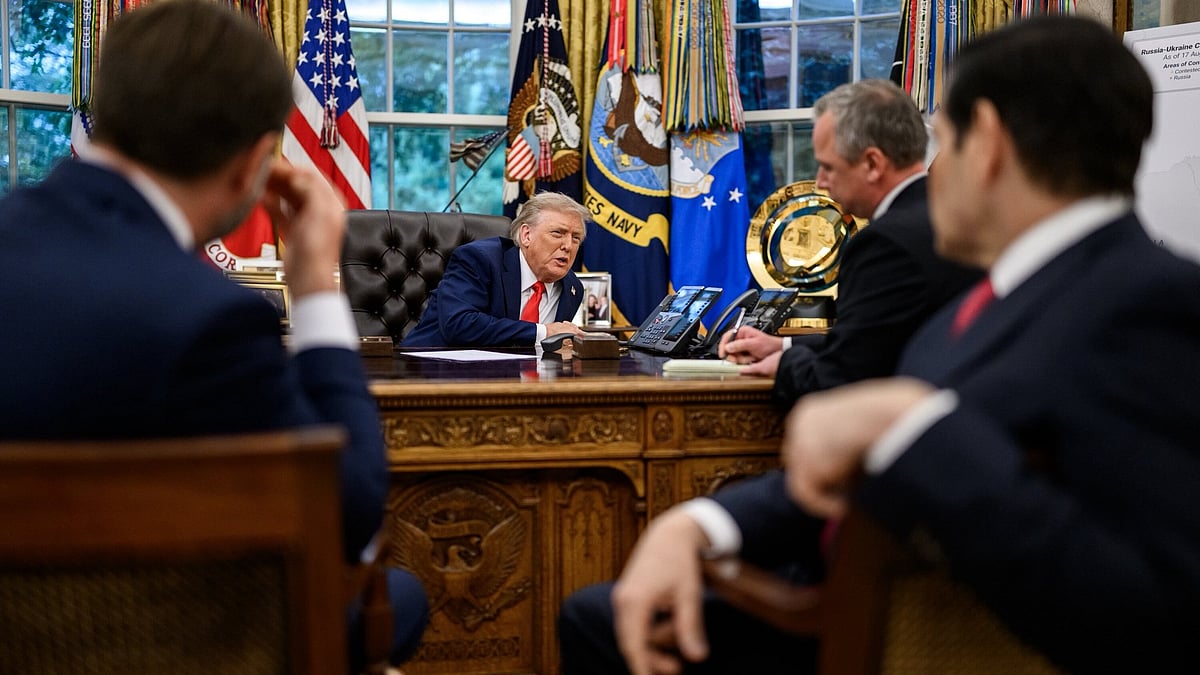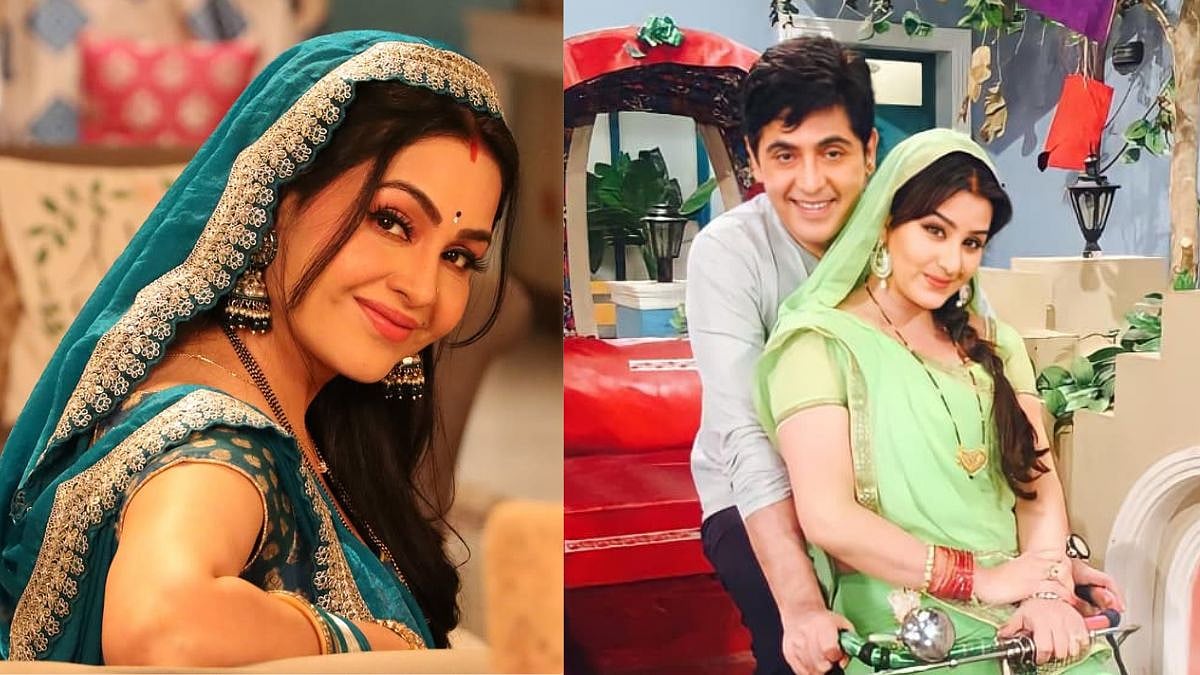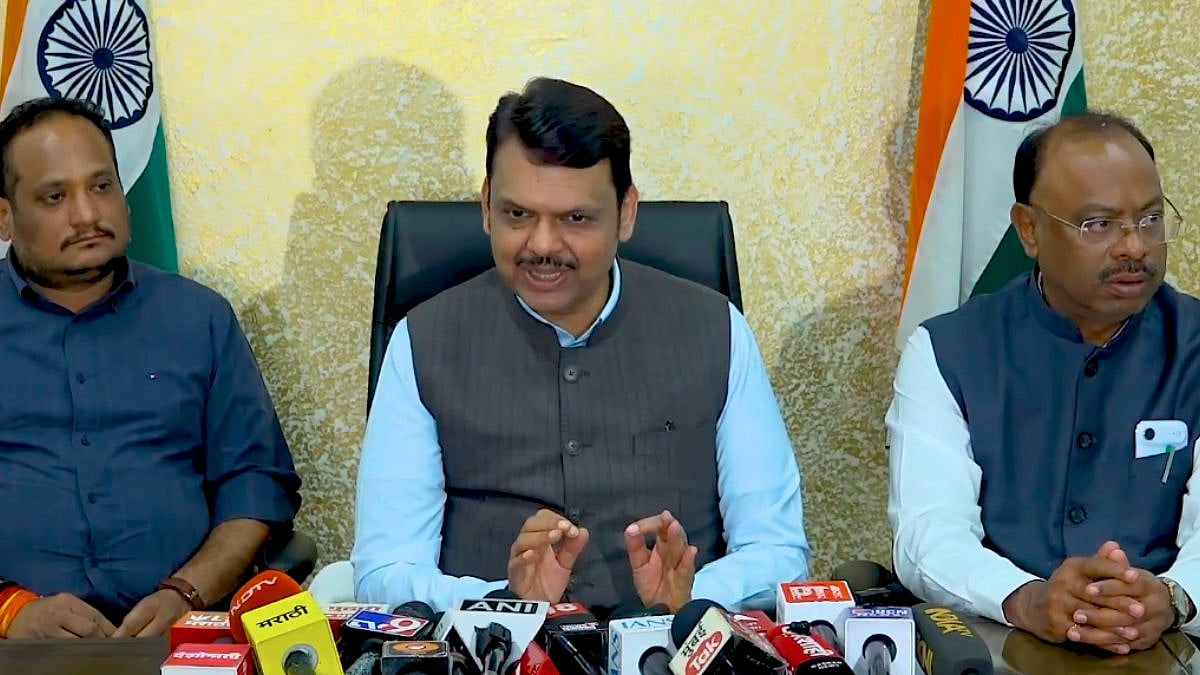The drama of the actions of governors in Opposition-ruled states seems to move, like a Shakespearean play, from one act to the next. The frosty relations between Tamil Nadu Governor RN Ravi and the State Government have been in the news for many months now. The Governor has not given his assent to a number of bills passed by the state legislature. Then he stirred a hornet’s nest by his reference to Tamizhagam which, he has now clarified, is not intended to substitute for Tamil Nadu. His comments on years of regressive rule and the controversy over his Budget speech in the state Assembly have only brought matters to a head.
Nor is Mr Ravi’s the lone case of Governor-Government confrontation in the last couple of years. Maharashtra Governor BS Koshyari was continually at loggerheads with the previous MVA Government in the state while Telangana Governor Tamilsai Soundararajan has repeatedly locked horns with the Bharat Rashtra Samiti Government. Add the differences between Kerala Governor Arif Mohammad Khan and the LDF Government on the issue of Vice-Chancellors of Universities and you have flashpoints in nearly all states south of the Vindhyas.
What ought to concern us is not just the unseemly public wrangling between constitutional authorities, but also the way in which, again and again, the institution of the Governor has taken a beating. Governors have come (and gone) in all shapes, sizes and political hues, contributing more than their share of controversy to the wonder that is India. They have, since the emergence in the last 55 years of state governments ruled by parties of a political hue different from that of the party ruling at the Centre, taken an unhealthy interest in government formation in states (especially Opposition-ruled ones), apparently at the behest of the political masters who appointed them.
In the last decade, the dubious list includes Goa, Manipur, Meghalaya and Karnataka. The overnight machinations to install a BJP-led government in Maharashtra in November 2019 and the bizarre events in Arunachal Pradesh, with the death of one Chief Minister and the resignation of another, following gubernatorial actions are still fresh in our memory. Ditto for Uttarakhand, where it needed the Supreme Court to reestablish constitutional norms.
Any government coming to power at the Centre exercises its divine right to sack existing gubernatorial incumbents and appoint its favourites as Governors. Out-of-work or inconvenient politicians are generally the first choices, though the list often extends to retired bureaucrats, police officers and military officers who have established good equations with the ruling dispensation. Since there is nothing like a free lunch, especially in statecraft, favours have to be returned by the appointees, mostly through political meddling and (in case of Opposition-ruled states) making life difficult for the government of the day. Rare, or nonexistent, would be the Governor who takes any decision of consequence without the prior nod of the political bosses in Delhi.
It would, of course, be unfair to tar all Governors with the same brush. There have been outstanding personalities like Surjit Singh Barnala and Gopalkrishna Gandhi, who not only displayed qualities of independence from the Delhi durbar but also rendered sage counsel to their state governments. In my own karmabhumi of Maharashtra, I remember the quiet dignity of C Subramaniam, the political father of India’s green revolution, and the commitment of PC Alexander to removing the developmental backlog of the Vidarbha, Marathwada and Konkan regions of the state. Despite being close to Indira Gandhi and being appointed Governor by a Congress government in 1993, Dr Alexander enjoyed a close rapport with the Shiv Sena-BJP Government in Maharashtra, proving that a Governor can endear himself to all shades of political opinion through a professional, nonpartisan approach.
However, since such governors are the exception rather than the rule, there is need, in a situation where the Centre and states are ruled by parties with different ideologies and political beliefs, for the governors of states to be selected by an independent process. I suggest that governors should be selected by a committee comprising the Vice-President of India, the Prime Minister, the Chief Justices of the Supreme Court and the state High Court concerned, and the Leader of the Opposition in the Lok Sabha. A list of three names should be provided by the Union Government for the consideration of the committee. This would hopefully ensure that a political apparatchik is not foisted on an unwilling state government. It also gives scope for a reasoned choice where a state faces major challenges like insurgency, political instability or law-and-order breakdown.
Nonpartisan choices of competent public figures for the post of Governor are the need of the hour in a scenario where the professional politician in power is increasingly pandering to the urges of the lowest common multiple in the electorate and concerned only with hanging on to power at all costs, consequences be damned. More disturbingly, political appointees who, as governors, act neither as per convention nor in accordance with the Constitution, damage the credibility of the democratic process. A misstep in a state like Tamil Nadu with a history of strong local sentiment could well have consequences that endanger the federal consensus that is the bulwark of a republican democracy. The sooner the political elite of post-Lutyens’s Delhi realise this the better it will be for the health of Indian democracy.
(The blogs of the author of this article, a retired IAS officer of the Maharashtra cadre, can be viewed at www.vramani.com)









